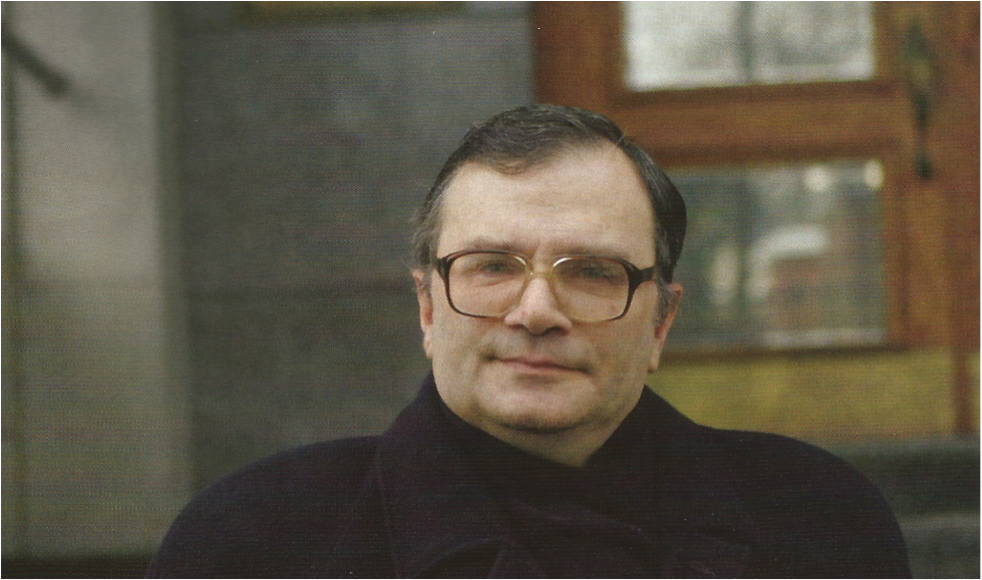Ottawa Life will takes you into the heart of the new Russia. We will look at the business opportunities, bilateral relations, cultural and arts scene, and tourism potential and get the pulse of a country very similar to our own. We begin our series with Russia's man in Canada, Ambassador Georgiy Mamedov.
OTTAWA LIFE MAGAZINE: The Russian government greatly helped our military by providing on very short notice two heavy-lift capacity Antonov cargo planes for the DART (Disaster Assistance Response Team) tsunami relief effort. We don't have lift capacity. Can you comment on that?
Georgiy Mamedov: What happened in South Asia was a terrible shock, so it was very natural that, after your government raised the issue of leasing our heavy-lift capacity planes to transport your DART team to Thailand, our response was immediate and constructive. I can tell you more than that. Russia is in negotiations with some of your private enterprises (including Bombardier) to have a permanent cooperation in strategic lift capacity. This is a possibility. We can help Canada build a rather inexpensive strategic lift capacity. Traditionally, Canada has been dependent on American airlift capacity, but this tsunami catastrophe shows that each country needs to have its own independent heavy-lift capacity. You must have a certain immediate standby airlift capacity. And we can help Canadians build it, not just lease it.
OLM: Last fall, the Russian Embassy in Ottawa issued a press release criticizing an article written by Mark MacKinnon of The Globe and Mail about an interview he did following the massacre of Russian schoolchildren in Beslan by so-called Muslim freedom fighters. Why did your embassy issue this news release?
GM: Mark MacKinnon showed bad judgment. He gave a podium to an international terrorist. We must do our best to isolate terrorists and to show them for what they actually are, not to try to glorify them in any way at all or to even inadvertently justify what they are doing to innocent people.
OLM: How do you respond to criticism that Russia is cracking down on freedom of the press?
GM: Switch on your Internet and read what our journalists write about Vladimir Putin's foreign and domestic policy and you will find more biting criticism than you will find in The Globe and Mail! We are trying to organize our society with a free market economy and a democratic foundation. Russia is the first country that is building capitalism on the basis of socialism. It never happened before. Of course, we are prone to make mistakes, but it is not some kind of cabal of former KGB officers trying to restore totalitarianism. Our priority is to build a modern society in which all people have a higher standard of living and enjoy freedom of information. But there must be certain rules. Unfortunately, this is sometimes taken as attempts to curtail freedom of speech, but if mistakes are being made, these are the honest mistakes of a terribly complicated transitional process — from a communist totalitarian regime to enlightened democracy, which Russia has not experienced in its one thousand years of history. So there are problems, but they are not part of any secret hidden agenda to make Russia revert to totalitarianism.
OLM: The Russian Government seized Yukos, a large oil and gas company, what assurances can you give that other private companies won't be seized.
GM: We are not trying to seize private property. After the collapse of the Soviet Union, we moved perhaps too rapidly to privatization of everything that was state-owned. Sometimes this has proven to be detrimental to our national economy.Yukos (the second-biggest Russian oil company) is now in debt to the state, owing billions of dollars in taxes that we have been unable to collect.This is money we need for Medicare, pensions and social programs. We had to correct this situation, starting with the most obvious cases (of large-scale corporate tax evasion).We are trying to sustain our social safety net by making all private owners give what they owe the state in taxes. We are not returning to the days of state-owned monopolies, but a few state enterprises are central to our cohesiveness, like the state enterprise that controls pipelines. But the general approach of Mr. Putin's economists is that private industry is more efficient and works better.We don't have any ideological allegiance to state enterprise. And we are prepared to play by international rules, but we won't be dictated to by local courts in other countries.
OLM: What are your views on George W. Bush and his ballistic Missile Defence Plan?
GM: I don't believe the missile defence shield is an answer to our security challenges — terrorism and nuclear proliferation. It's a shortsighted approach. The negative will far outweigh any possible profits. It can complicate our relationship with the United States and those countries that are part of the shield. I know for a certainty that it was conceived as a counterbalance to Russia's nuclear deterrent. Whatever people say, it was conceived, designed, developed and even tested (with Russia in mind).
OLM: What is the Russian view regarding Canada's potential role in Ballistic Missile Defence?
GM: The missile defence shield is an extra, a thing apart, totally separate from NORAD. Your own prime minister has said this in his Christmas interview with the CBC. NORAD cuts both ways.The Americans are as interested in having eyes and ears over Canada as Canada is interested in having Americans supply them with information. Last year, Canada's Minister of Defence and the Pentagon signed an agreement to share whatever information would be needed to defend North American air space for the years to come. So you must discuss the missile defence shield on its own merits. The NORAD issue is already settled. Only those people who want to blackmail Canada will now try to link NORAD with the continental missile defence shield. Those are two different things.

